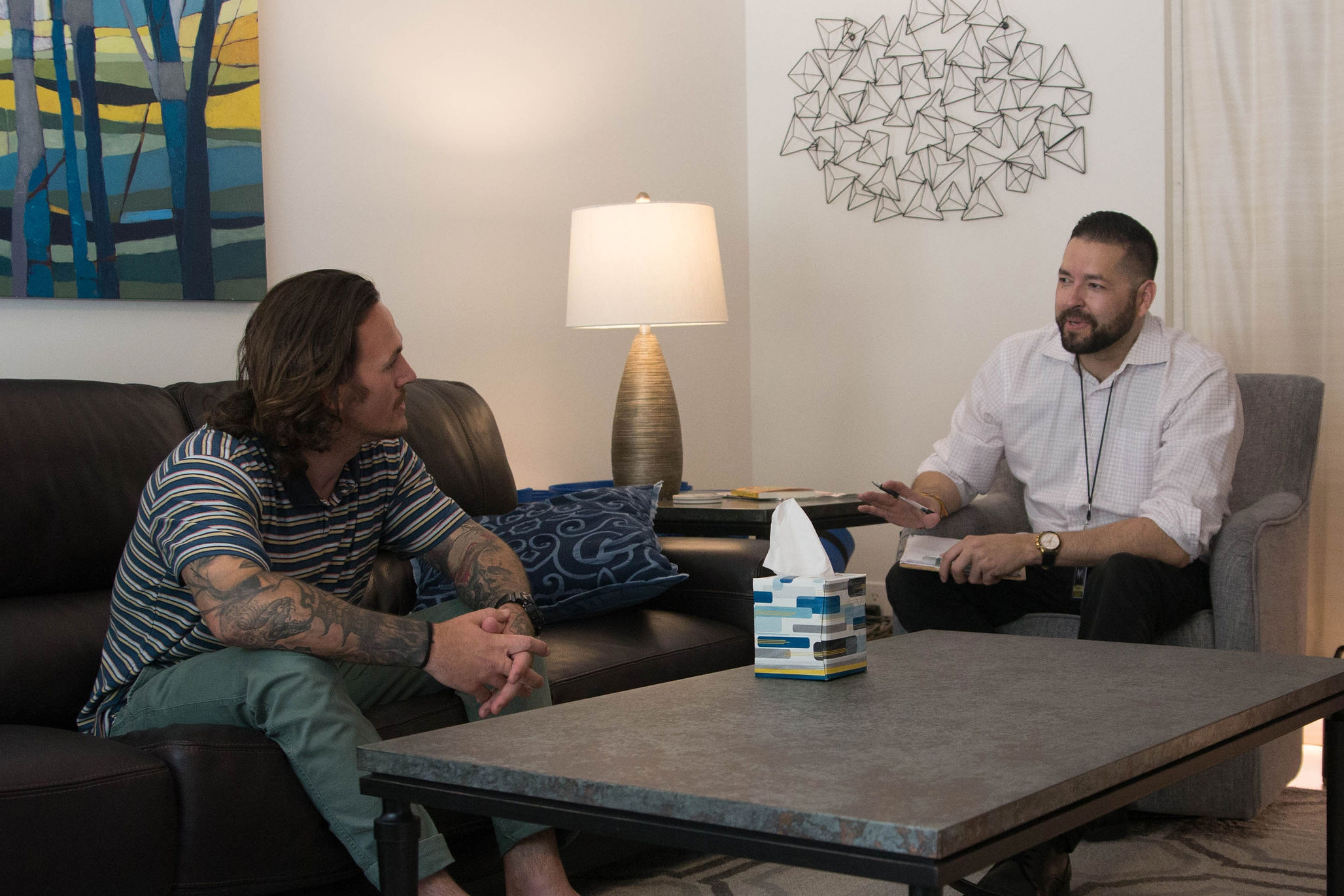Parenting Advice for People Who Are Going Through Recovery
When you are going through addiction treatment and recovery, fulfilling parental responsibilities can be challenging. If you have felt guilty about how your addiction has disrupted the lives of your family, recovery can help you with this as well. The key is to find a balance between maintaining recovery progress and reintegrating into normal family life.
Your Recovery Is a New Beginning for Your Family
A big part of true recovery is recognizing the harm your addiction has brought to your loved ones, including your spouse and your children. In order for you all to move on, you need to own your past mistakes. Explain to them why substances have affected your behaviors and offer an apology. Meanwhile, tell them that you need a period of time to recover from addiction, but that you are also committing to a new beginning.
The foundation of this new beginning is your relationship with your partner. Try to have honest and humble conversations about how to move on. Both of you should realize that children’s personalities are developing during this time, and they are highly susceptible to what is happening in the home. Set priorities and commit to working together as a team.
Be Present and Set Boundaries for Children
Addiction makes most parents unable to fulfill their responsibilities, including being physically and emotionally present in the lives of their children. Being present means offering open communication about what is happening in each other’s lives. You need to learn how to open up and also how to engage in conversations with your child. Investing time in playing or tutoring your child can rebuild trust.
Many recovering individuals become too permissive in parenting because of guilt. You need to know that firm and healthy boundaries are the best things you can gift your children in life. This will help children form healthy habits and lifestyles, protecting them from future risks. Make sure that these boundaries are consistently maintained by both you and your partner.
Educate Your Children About the Science Behind Addiction
Most likely your children know about your substance use problems. There is no way to hide that from them. If they ask questions, do not deny the truth or feel ashamed. Instead, use these questions as teachable moments to converse with your child about why substances are harmful. Educate them early before the temptation of substance use presents itself later in their life.
Speaking openly about addiction with your child is a powerful way to dispel the harmful stigma attached to substance use. By being honest and vulnerable, you will not lose your child’s respect. Quite the opposite, you are setting an example of overcoming a complex disease. Also explain to your child that since you are recovering from this disease, you need emotional support from him or her.
Manage Stress and Practice Self-Care
Parenting can be stressful. Children have constant needs. It can be tempting to overcommit and overschedule parenting duties. Monitor your stress level, and if you need space to de-stress, ask for help from your partner or another supportive family member. Make sure not to over-burden yourself because stress is a trigger for relapse.
Do not let parenting take up all of your schedules. Even before waves of stress arrive, you should build breaks and space for self-care. Reserve one afternoon for yourself to spend time alone in nature. Begin every day with a short meditation or physical exercise. Join a monthly hobby group and commit to it. Choose activities that bring you relaxation and joy and commit to them.
Know the Warning Signs of Relapse
Before you achieve long-term sobriety, you need to be aware of possible relapses. Continue to meet with your support group or therapist who can help strengthen that alertness. Watch for triggers such as boredom, stress, isolation, or lack of sleep. Even when cravings re-emerge, make sure you have a sober support person to call. If necessary, re-enter yourself into residential treatment for some time to consolidate progress.
When you are on the verge of relapse, it is important to explain to your children that you will not be able to take care of them for an amount of time because your disease is coming back. Do not deny the problem and vanish from their lives. Instead, explain to them what you need to get better. Since you promised open communication with them, it is important to carry it out.
Many children tend to believe that the parent’s addiction is somehow their fault. You need to make it clear that they are not to blame. If your children need extra support in healing from the impact of your addiction recovery, there is also family therapy that cares for children’s needs.
Parents who are struggling with substance addiction need extra support in parenting. On the one hand, you no longer want to miss out on your children’s lives. On the other hand, you need to take care of yourself to maintain recovery progress. You need to find a treatment center that helps you back on your feet. At Capo Canyon Recovery, near Mission Viejo, CA, we know how to care for families. Your sobriety matters the most. Our holistic path helps to heal the body, mind, and spirit. We focus on each stage of recovery, both in terms of physical health and mental health. Our inpatient residential care and outpatient, long-term care programs offer unmatched benefits. We provide excess comfort with an in-house chef, luxurious beds, and an onsite organic garden during your sobriety journey. We have a support system for your family as well. Call us at (800) 804-8714.



















